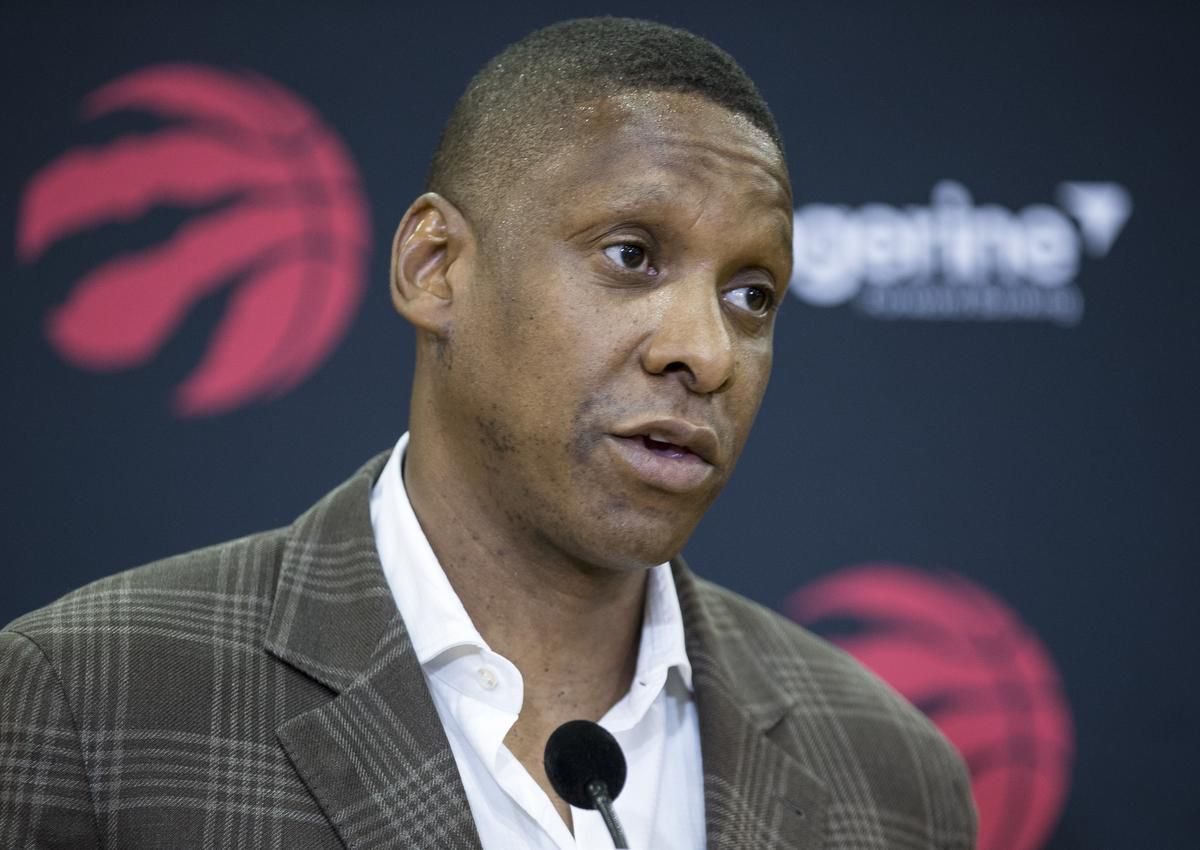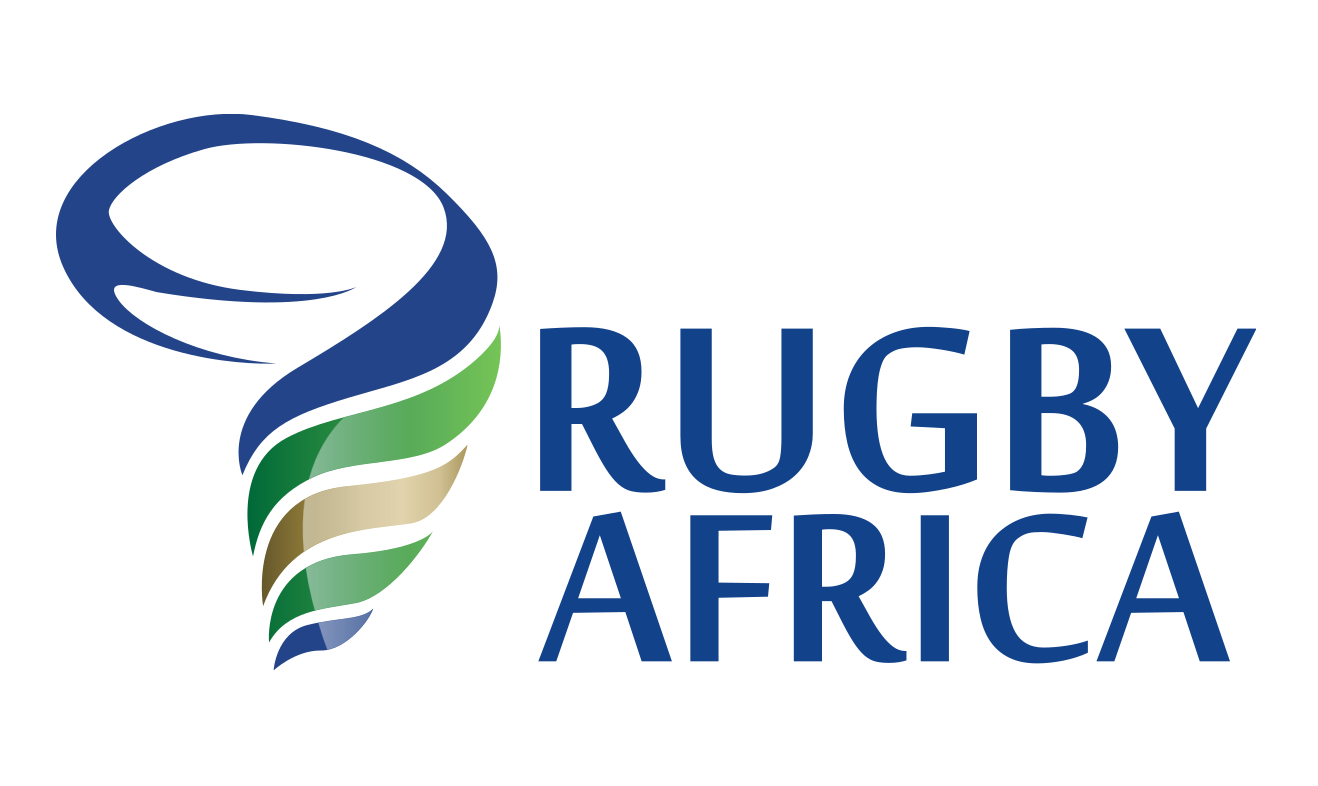Masai Ujiri urges African leaders to invest in sports
The President of the Toronto Raptors, Masai Ujiri who incidentally is the only President of National Basketball Association (NBA) of African origin in franchise history, has called on African leaders to invest in sports which he described as a very good avenue to lift many out of poverty and build talents for development. Ujiri who has worked hard over the past year to scout talent and raise awareness about the success and growth of sports on the continent said that with the huge talents across the continent, there is no way Africa should be ignored.

Ujiri who was a panelist at the just concluded African Investment Forum in Johannesburg South Africa noted that “we should be supporting teams here in Africa that should be our vision. Sports is the next big thing in Africa,” he said, calling on investors to pay “close attention.” The sports ecosystem he informed should be the biggest thing on the continent and has the potential to create jobs and improve livelihoods. African players are in top leagues worldwide and a former footballer is even president of an African state, Ujiri added.
Read also : Controversy Trails CAF’s Scrapping of $1 billion deal with Lagarde Sports
Ujiri who was joined on the panel by Ashish Thakkar, CEO and founder of Mara phones, and Tokunboh Ishmael, co-founder of Aliethiea IDF discussed on a session dubbed “Promises made, Promises kept.” Ishmael and Thakkar were on stage to share their testimonies, while Ujiri urged investors to look at sports and showed off the NBA championship trophy which at the 2018 Forum he had promised to secure.
Ujiri said President Paul Kagame of Rwanda had heeded his call and was providing support and a “push” for sports. In one year only, Kagame had built an incredible arena in the capital Kigali. “We need to invest in sports, it should be the greatest ecosystem in the planet,” Ujiri said. Responding to a question about how to get more women involved and whether women stood to benefit, Ujiri answered that putting women in leadership roles only made sense.
Read also : Commonwealth Sees Sports as Vehicle for Growth and Development
When he took over the Toronto Raptors in 2013 as executive vice president and general manager, there were no women at all, except for one secretary. “And it really offended me…Women run our homes, they are incredible but when it comes to the workplace, we don’t want to give them that power to show their abilities, ‘Ujiri said. To create the change he wanted to see, Ujiri said that he hired 15 women in his organization, “and I think it’s important, they give us success. They make us make better decisions,” Ujiri said.
As a parting surprise, Ujiri announced that he had scouted two new players for the Raptors. Welcoming President Kagame and African Development Bank Akinwumi Adesina to the stage, he handed them red team gear with their names emblazoned on the back along with the number 19. “They are going to be playing for the Raptors, I’m taking them back to Toronto with me,” Ujiri announced. “We should be supporting teams in Africa…The talent in Africa is incredible, it’s like gold and diamond…we have to represent and believe in it.”
Kelechi Deca

Kelechi Deca has over two decades of media experience, he has traveled to over 77 countries reporting on multilateral development institutions, international business, trade, travels, culture, and diplomacy. He is also a petrol head with in-depth knowledge of automobiles and the auto industry.









